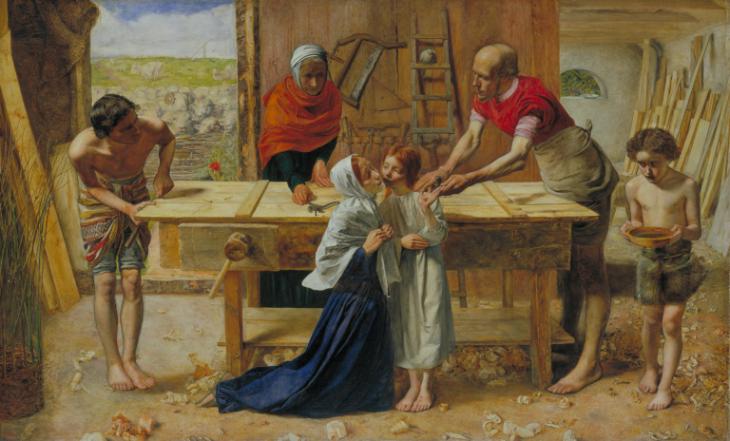25/12/23

Christmas Day – Set 1
Isaiah 9:2-7
Psalm 96
Titus 2:11-14
Luke 2:1-20
Lord Jesus, Light of light,
you have come among us.
Help us who live by your light
to shine as lights in your world.
Glory to God in the highest.
Amen.
It is good to hear that story again! We can read it any day of the year of course. But somehow it feels better, maybe more real on the day.
There are so many moving parts:
- The Government: those with power making those without power move around to be registered like cattle,
- The loyal and devoted Joseph and the young, heavily pregnant Mary awaiting the birth of their firstborn son
- The inn and the innkeeper (probably a family home) with no empty space
- The shepherds living in the fields, watching over their flocks by night
- The angel of the Lord and the great multitude. Glory to God in the highest heaven indeed!
- The wisemen came a bit later so don’t get a mention today – this isn’t a bad thing! It helps us to remember that Christmas is a season and not just one day.
I am not sure which parts of this story warms the cockles of your hearts the most.
Mary & Joseph & Jesus
I love this little line tucked into verse 6: ‘the time came for her to deliver her child.’ The time came. Again, we can receive Jesus at any time and anywhere, but he was grounded in a time and place.
Mary and Joseph did not have an easy time but they remained faithful despite all the uncertainty they faced. They believed the angel who visited them to tell them about the baby. They travelled to Bethlehem on the orders of the Roman government.
We don’t know if they travelled on a donkey or not – but it is a nice idea!
I do not think that any parent could imagine that the description of their child would include: ‘For a child has been born for us, a son given to us; authority rests upon his shoulders; and he is named, Wonderful Counsellor, Mighty God, Everlasting Father, Prince of Peace. Most babies are cute, good eaters, bad sleepers, or take after mum or dad or great aunt Beatrice.
The baby born unto us has come to bring us hope and is the tangible sign that God really is with us. Not against us or indifferent to us – but with us. God with us brings us hope.
With the coming of Jesus to earth, God has ceased to be distant and removed and too awesome to encounter. Instead, with Jesus’ arrival God becomes intimately involved in his creation and in our lives too. And when God is with us then there is hope.
Angels & Shepherds
I love to picture the angels and the shepherds in the field. The Good News coming to those on the margins, the outsiders first in a burst of light better than any firework display we could imagine.
There was nothing subtle about this announcement. It was a dark, probably ordinary night for those shepherds. Nothing but a few baas here and a few baas there, the stars for light, each other for companionship.
Then this great angel appears with the glory of the Lord shining around them. Utterly overwhelming! When was the last time you were truly overwhelmed by something good?
I know people who have been utterly overwhelmed by bad stuff – at home and abroad. War & violence in Ukraine & Russia, Gaza & Israel. It was sad not to see a Christmas Tree in Manger Square today. Rather a nativity made of rubble. Unemployment, sickness, divorce, death. Many people at Christmas find themselves utterly overwhelmed by the darkness of this world – more than usual.
Christmas is a time of hope, hope that lasts; hope that is beyond what we can imagine and it overcomes our limited vision. Jesus is the light of the world that overcomes the darkness.
John Pritchard, former Bishop of Oxford wrote, ‘Christmas is that wonderful time when we enter into another world. Just temporarily we bask in a different glow, and old hopes are reinstated, and the world is a little less chilly. But if it’s true that at Christmas we enter into a different world, it’s also true that for Christmas to be authentic another world has to enter us. ‘Where meek souls shall receive him still, the dear Christ enters in.’
Wherever you find yourself in the Christmas story this day – spend some time at the manger, bow a knee and gaze again at the baby who came at the right time and in the right place to bring us hope and be with us.



